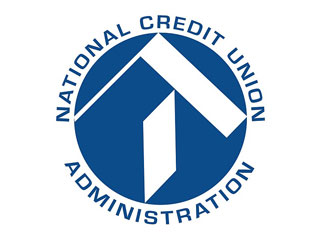At the NCUA’s Board meeting in late July, the Board voted to approve a request for information (RFI) on the current and potential impact of digital assets, cryptocurrency, decentralized finance, and other related technologies on federally insured credit unions. The NCUA says that the information that is gathered will assist the NCUA in creating a framework that ensures credit unions can innovate and compete in an ever-changing marketplace.
Chairman Harper said of the request for information, “This request is the logical next step in laying the groundwork for federally insured credit unions to leverage these innovations, but we must recognize that things continue to quickly evolve. We especially need to understand what limitations could affect credit unions’ ability to adopt these technologies and what risks they could pose, so that we can adopt appropriate guardrails to prevent regulatory arbitrage and protect the financial well-being of members and the safety and soundness of credit unions.”
Vice Chairman Hauptman said, “I’m pleased to see agreement at NCUA that early regulatory clarity is better than waiting until credit unions are left behind in a changing marketplace. The last thing we want is for credit  unions to go the way of Blockbuster Video because their regulator didn’t allow them to compete. We’ve already seen assets move out of the traditional financial sector, and young people are getting used to using new fintech firms for their financial needs. Meanwhile, credit unions are ready to gain market share in services like remittances if we allow them to try new, easier, cheaper technologies.”
unions to go the way of Blockbuster Video because their regulator didn’t allow them to compete. We’ve already seen assets move out of the traditional financial sector, and young people are getting used to using new fintech firms for their financial needs. Meanwhile, credit unions are ready to gain market share in services like remittances if we allow them to try new, easier, cheaper technologies.”
The Nebraska Legislature passed LB 609 this year which allows for the chartering of digital asset banks and allows state banks to serve their customers as custodians for cryptocurrencies. The OCC previously permitted national banks to serve as custodians.


